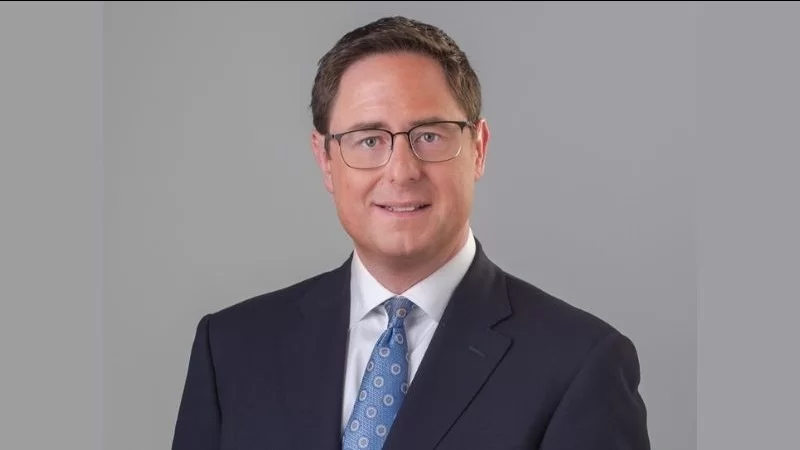Rep. Mike Flood, U.S. Representative for Nebraska's 1st District | Rep. Mike Flood Official Headshot
Rep. Mike Flood, U.S. Representative for Nebraska's 1st District | Rep. Mike Flood Official Headshot
U.S. Congressman Mike Flood has raised concerns over a new rule issued by the U.S. Department of Labor that could potentially hinder the ability of Americans to work as independent contractors. In a statement released today, Congressman Flood highlighted the importance of independent contracting in providing flexibility for millions of Americans to work for themselves and support their families.
"This new rule from the Biden administration will make it harder for working Americans to pursue their dream and will put pressure on some to pay expensive and unnecessary union dues," Congressman Flood stated. He further expressed his expectation of legal challenges to the rule and urged the agency to reconsider its decision to avoid costly litigation.
The new rule, announced by the U.S. Department of Labor, has sparked concerns among independent contractors who fear the impact it may have on their ability to operate. While the full details of the rule can be found in the USDOL's announcement, its implementation has raised questions about the future of independent contracting in the country.
Independent contractors play a crucial role in the American workforce, offering their services to various industries and enjoying the flexibility that comes with being their own boss. However, this new rule threatens to limit their autonomy and potentially burden them with unnecessary expenses. Congressman Flood's criticism reflects the concerns shared by many independent contractors who value the freedom and flexibility that independent contracting provides.
As the debate surrounding the new rule unfolds, it remains to be seen whether legal challenges will arise and how the U.S. Department of Labor will respond to the concerns raised. The implications of this rule on the future of independent contractors and the broader workforce will likely be a topic of ongoing discussion and debate in the coming months.


 Alerts Sign-up
Alerts Sign-up